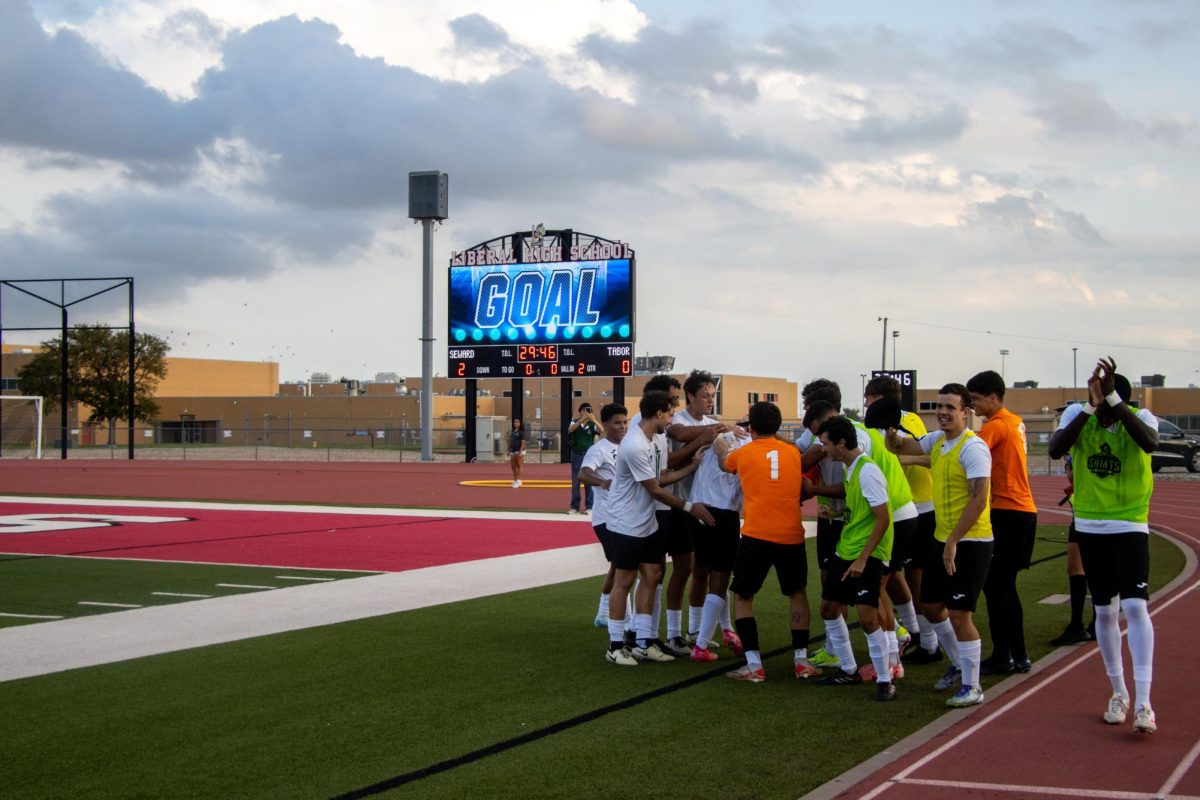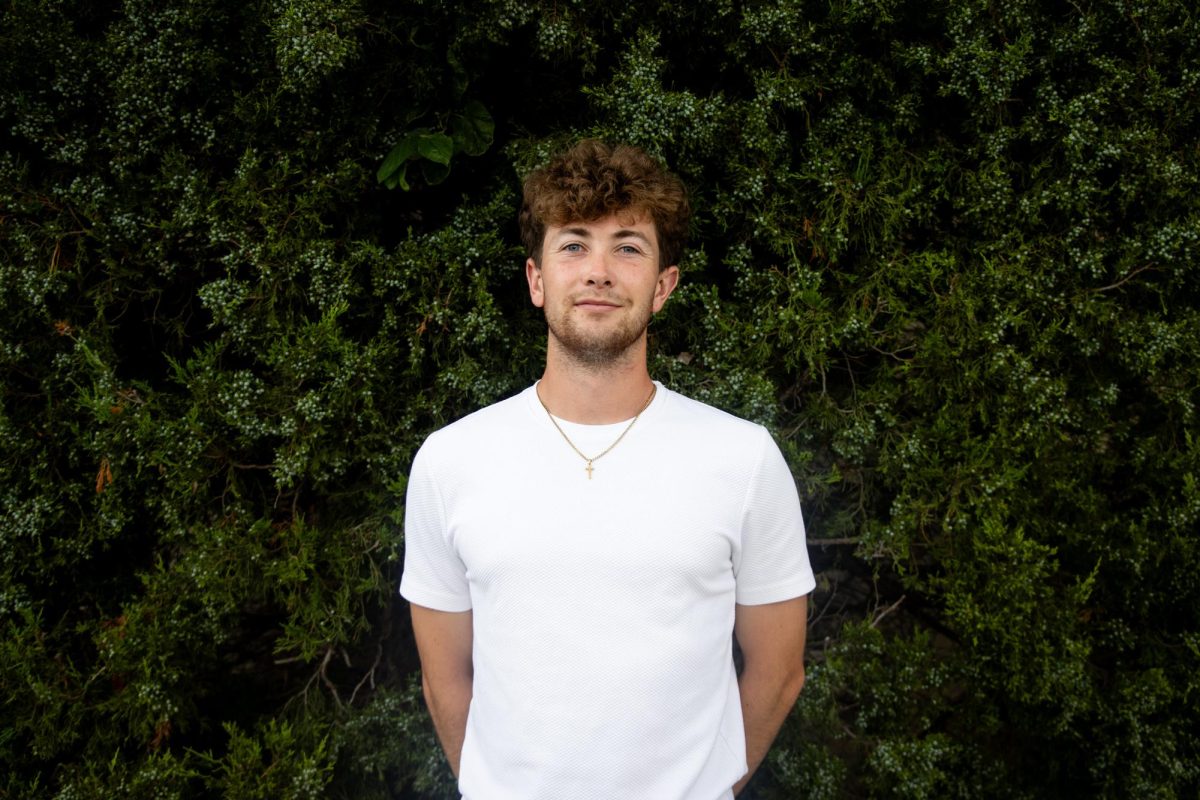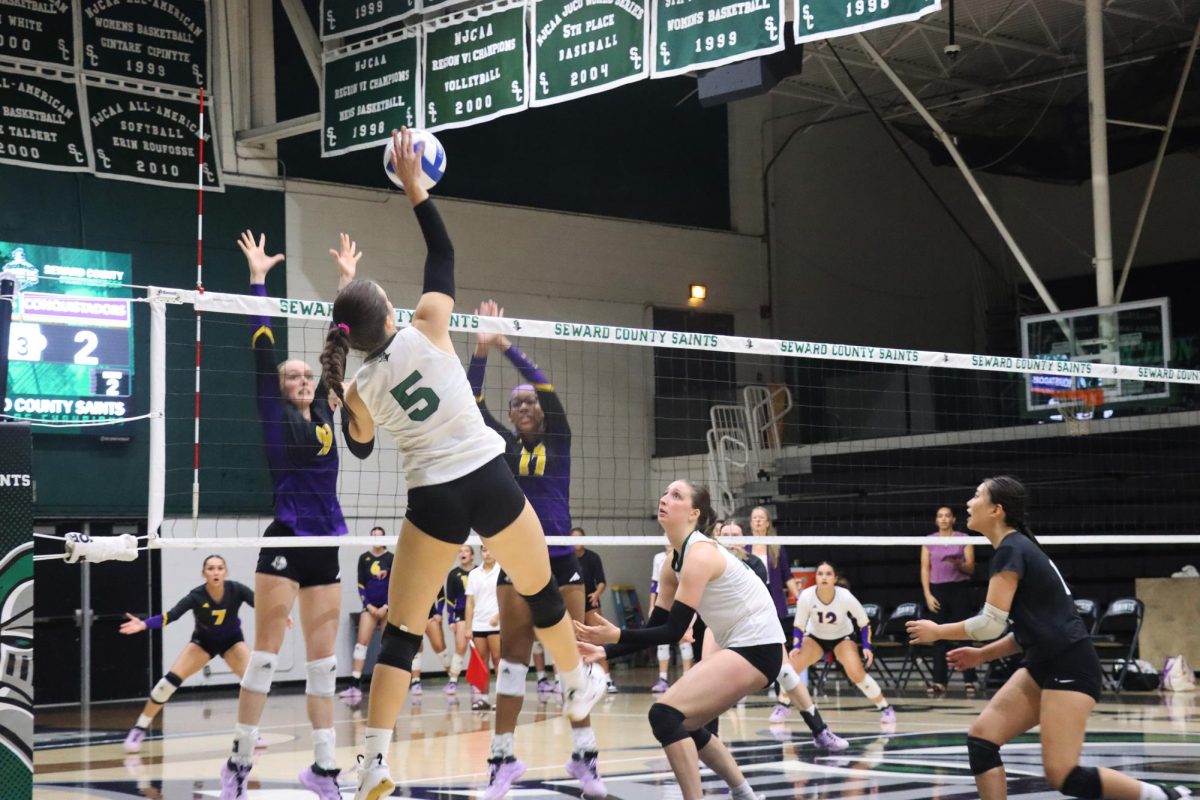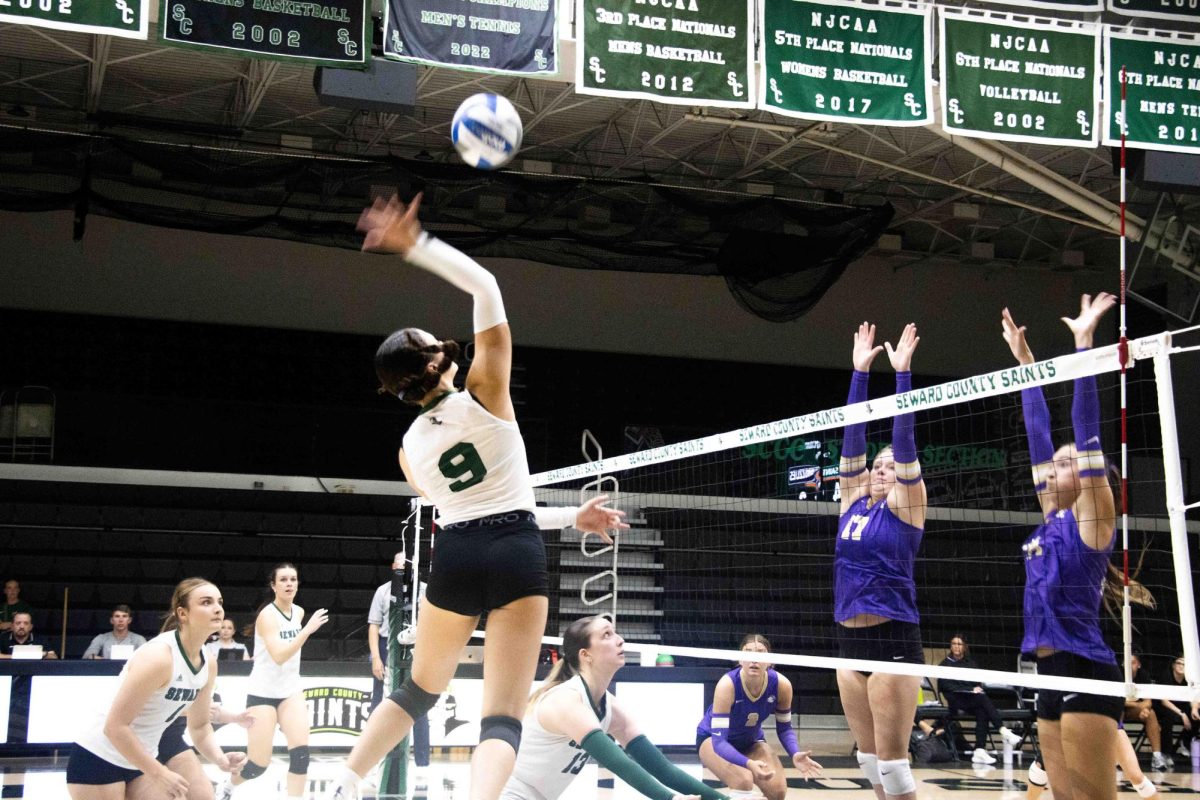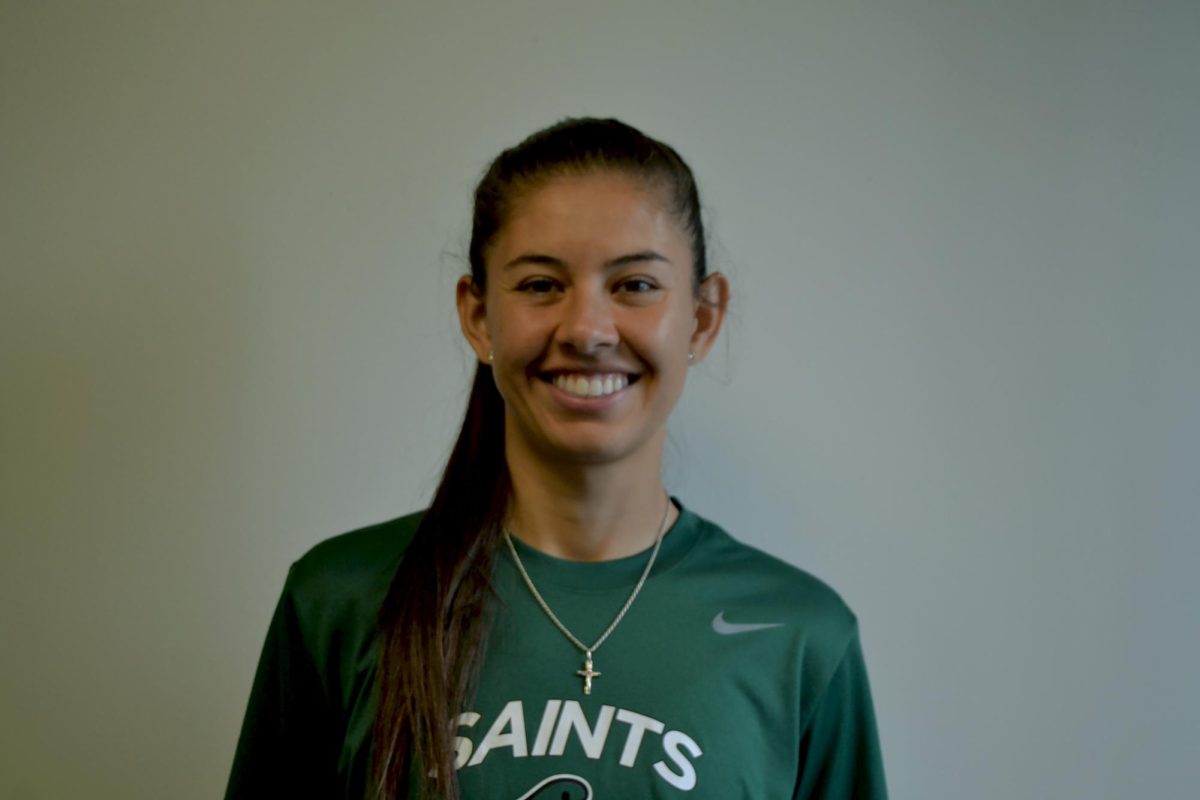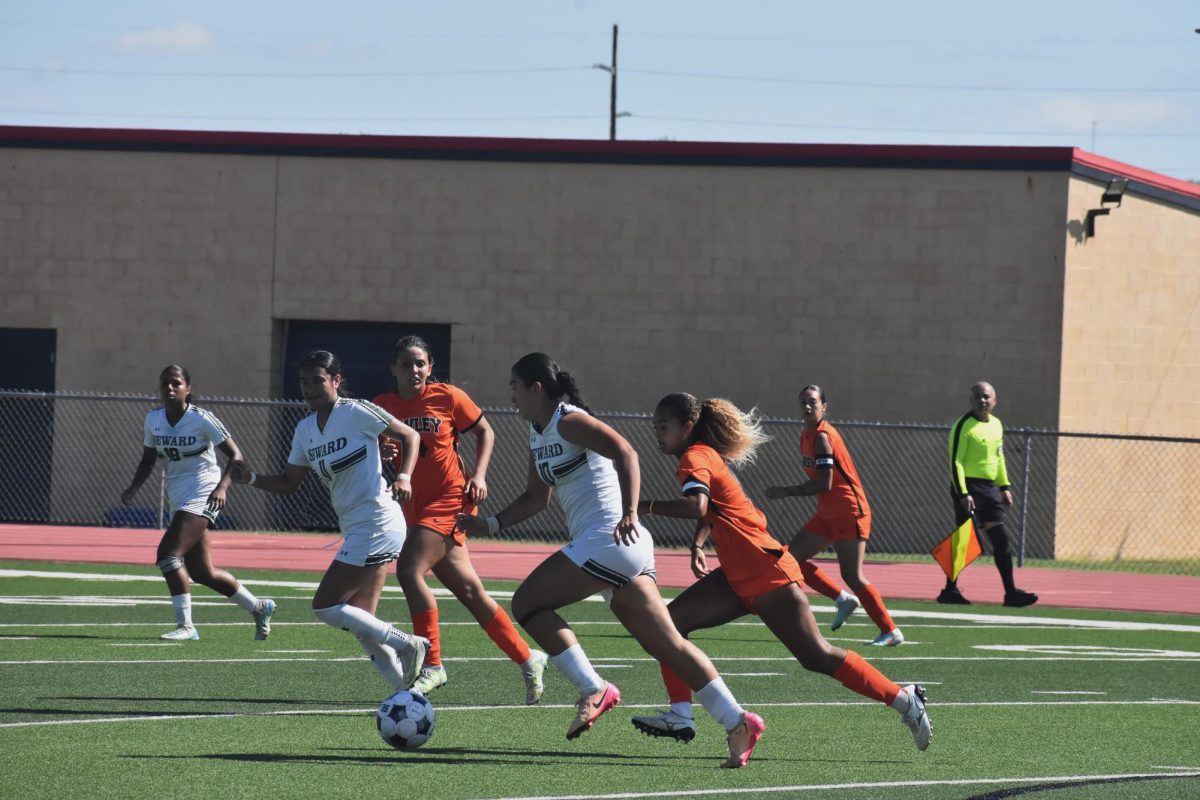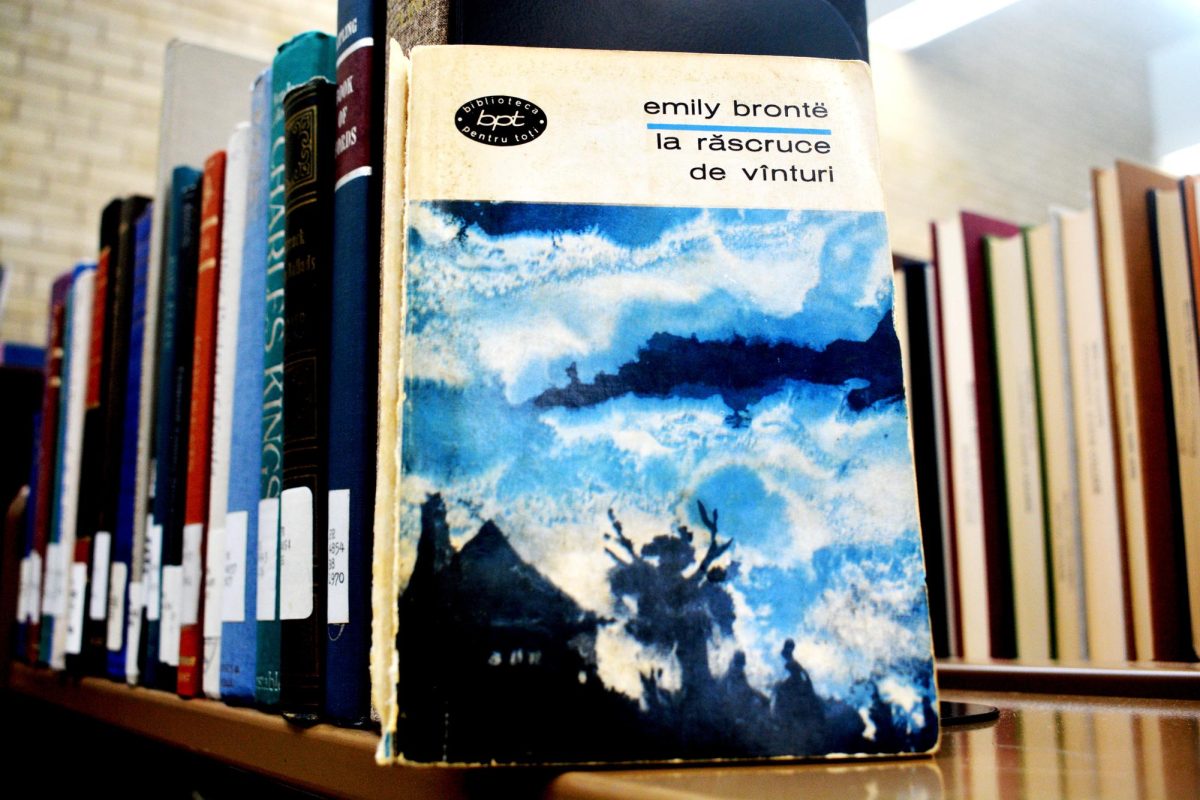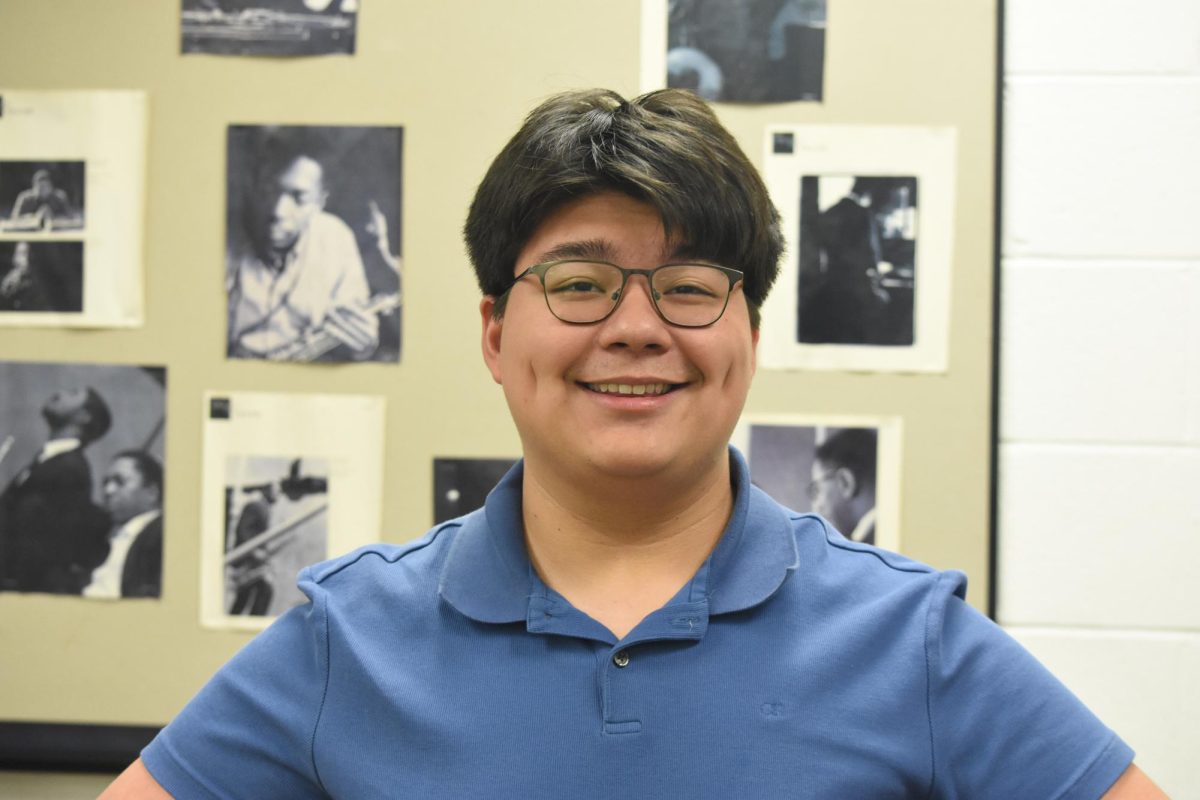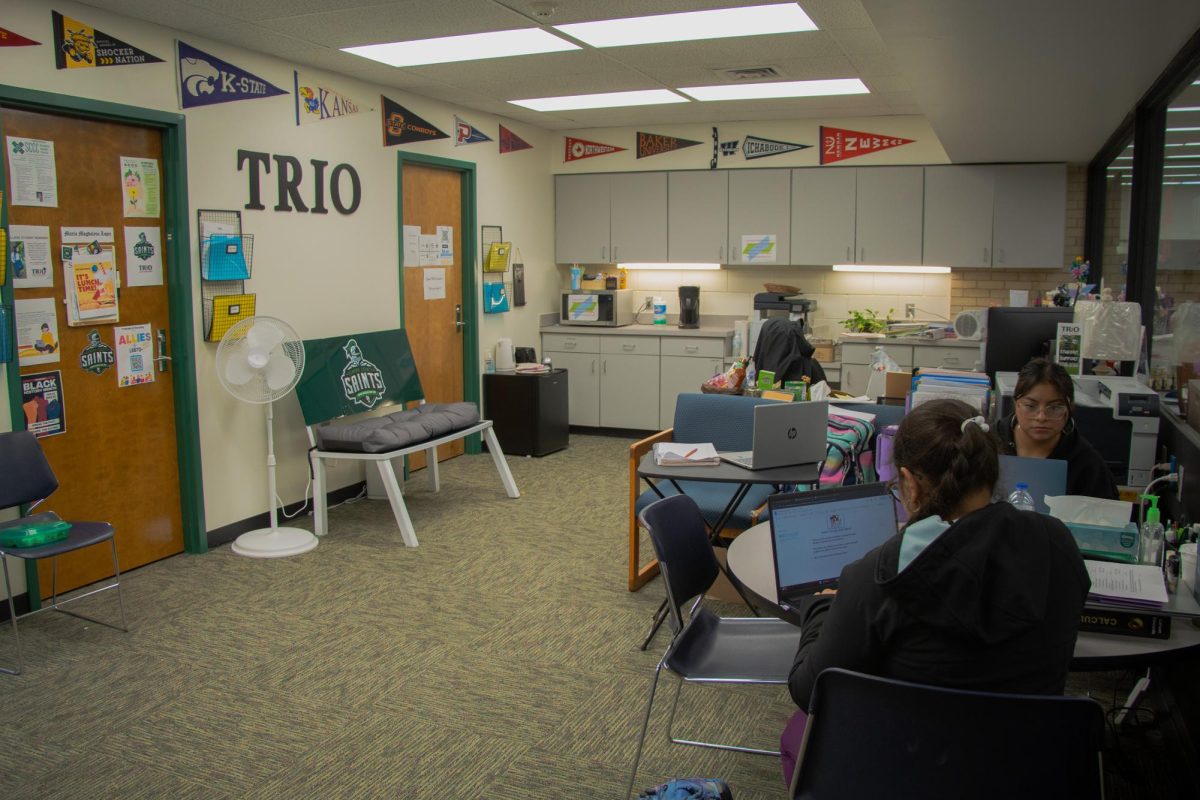Seward County Community College/Area Technical School will see a familiar face in a new capacity beginning in July, when Todd Carter becomes the Dean of Academic Affairs. Carter’s promotion was announced officially at the Monday Board of Trustees meeting.
“I am pleased to announce Todd as the new dean of academic affairs,” said SCCC/ATS President Dr. Duane Dunn. “That decision was finalized last month, but it was somehow omitted from the March packet.”
Board Chair Ron Oliver joked that “we suppose we’ll have you,” before adding, “we’re very glad.” Oliver’s comment was a nod to Carter’s long history at SCCC/ATS.
Carter, who currently serves as the Director of Research and Assessment, began teaching biology at the college in 1993 and has served in various capacities through the years. The Forgan, Okla., native holds a Bachelor of Science degree from Oklahoma Panhandle State University, a Masters degree in zoology from the University of Oklahoma, and a doctorate of education from Wichita State University.
In other items attached the personnel report, administrators listed 12 positions currently open at SCCC/ATS: a sustainable agriculture technician, custodian, admissions coordinator, head tennis coach, instructors for agriculture, automotive technology, journalism, nursing and medical assistant/certified nursing and medical assistant, as well as a division chair/director of nursing and a STEM program specialist for the Food Science & Safety program.
The board unanimously voted to accept the personnel report.
While they didn’t decide on any major changes, the board took a careful look at programs with low enrollment and discussed the best course of action. These included one program to be added to administrative review and monitoring: Medical Laboratory Technology. Agriculture, already on the watch list, will be retained on review for the next year. Programs to be monitored closely included Machine Tool Technology, Criminal Justice, and Auto Body Collision Repair.
Dunn noted that while some of the program appear to produce a low rate of major completion, that is often due to students either listing a major incorrectly, changing their minds, or taking a handful of credit hours in an area they like but do not plan to pursue as a vocation.
“For many of these, we have a lot of credit hours, we just don’t see that reflected if all we are counting is the number of majors,” Dunn said.
Dean of Career and Technical Services Janese Thatcher noted that she is optimistic the agriculture program will experience a turnaround, particularly with the addition of sustainable agriculture instructor, David Coltrain, and the upcoming hire of another ag instructor.
“We hope the addition of that instructor will help, and our recruiting at area high schools is also really good,” Thatcher said. Already, 10 students at Liberal High School have pre-enrolled in concurrent agriculture classes for the 2015-16 academic year.
On the positive side of the academic list, Thatcher said a new phlebotomy program was recently approved by the Kansas Board of Regents, and has already enrolled more than 10 students for the coming year. Additionally, a memorandum of agreement with Colby Community College may bring additional students to the MLT online program.
Writing Center Coordinator and Professional Development Grant recipient Sharon Brockman brought a report to the board upon completion of her Masters degree of Education in Instructional Design and Technology from West Texas A&M University. Brockman graduated with a 4.0, utilizing grant funding from the college for partial funding of her degree. Recipients of such grants commit to continue employment at SCCC/ATS for a minimum of two years.
Brockman gave the board a whirlwind tour of modern software and social media tools designed to help instructors make the most of their students’ fondness for technology.
“In my studies, I learned that we are doing a lot of things right at SCCC/ATS,” Brockman said, listing HALO, Hispanic Heritage Month, Student Support Services, evening and night classes for nontraditional students, dual enrollment options for high school students, the college’s full-time counselor and actively involved financial aid officers as prime examples. Areas for improvement, “because there are always opportunities for growth,” she noted, included increased focus on helping students develop solid plans to transfer and complete four-year degrees, more night and concurrent classes, and additional student leadership development.
Dean of Student Services Celeste Donovan and Dean Sander brought an update on the college’s ongoing efforts to strengthen its social media presence as a recruiting tool. By tracking the college’s many official Facebook and Twitter pages, Sander said, the committee was able to get a sense of where the most value might lie. Accordingly, the admissions department has focused on increasing Facebook posts and Tweets, and recently concluded a promotion for area high schools to compete for prom funding.
“We were really pleased, because after visiting eight high schools to promote this contest, we put it on Facebook and had 14 more call to ask if they could participate,” Donovan said. “So that increased our overall likes, and we will be awarding that $1,000 prize later this week.”
Dean of Academic Affairs Cynthia Rapp reported about the college’s three channels of online education — SCCC/ATS courses offered through Seward Online, combination or “hybrid” courses that blend classroom instruction on campus with online teaching, and EduKan consortium classes offered to students exclusively online. Enrollment in all classes across all three platforms has slowly increased, Rapp said, and the college continues to refine its delivery methods.
In other actions, the board:
· Unanimously voted to retain the current fee structure for public rental and use of SCCC/ATS facilities. Dean of Finance and Operations Dennis Sander noted, however, that increasing use of multimedia and sound equipment by guests might warrant another look at specialized technology fees in the future.
· Approved the purchase of three greenhouse “hoop houses” or growing tunnels, through the STEM grant. The board approved the low bid of $15,664.88 from Morgan County Seeds. The high tunnels will be installed near the existing greenhouses on the northeast corner of the central campus area.
· Heard a report from Dean Sander about ongoing work on the Food Science & Safety lab addition to the Hobble Building. Through weekly construction committee meetings, Sander said he’s keeping a close eye on the project. Currently, the contractors must wait for delivery of additional steel before they pour concrete.
· President Dunn provided the Board with a review of the potential fiscal impact of various state fund distribution formulas which may be presented to the legislature as budget proviso proposals. The change in distribution could potentially have a negative impact ranging from $60,000 to over $600,000 in reduced state revenue.


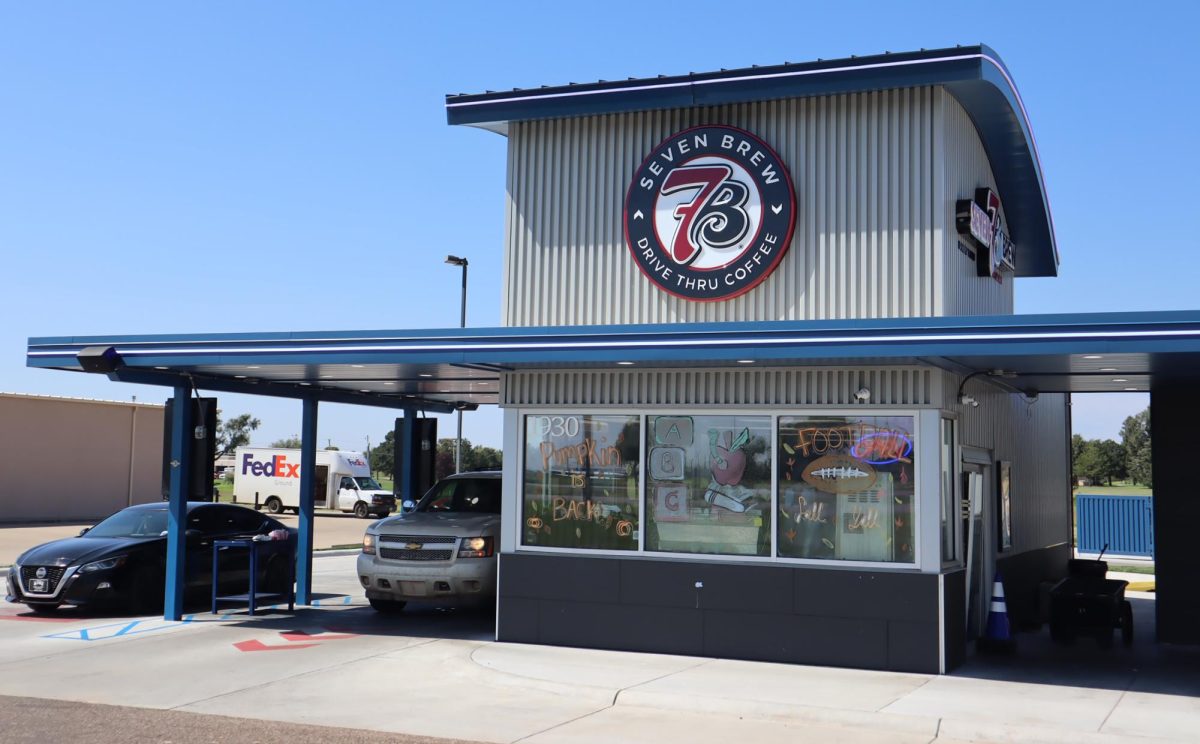


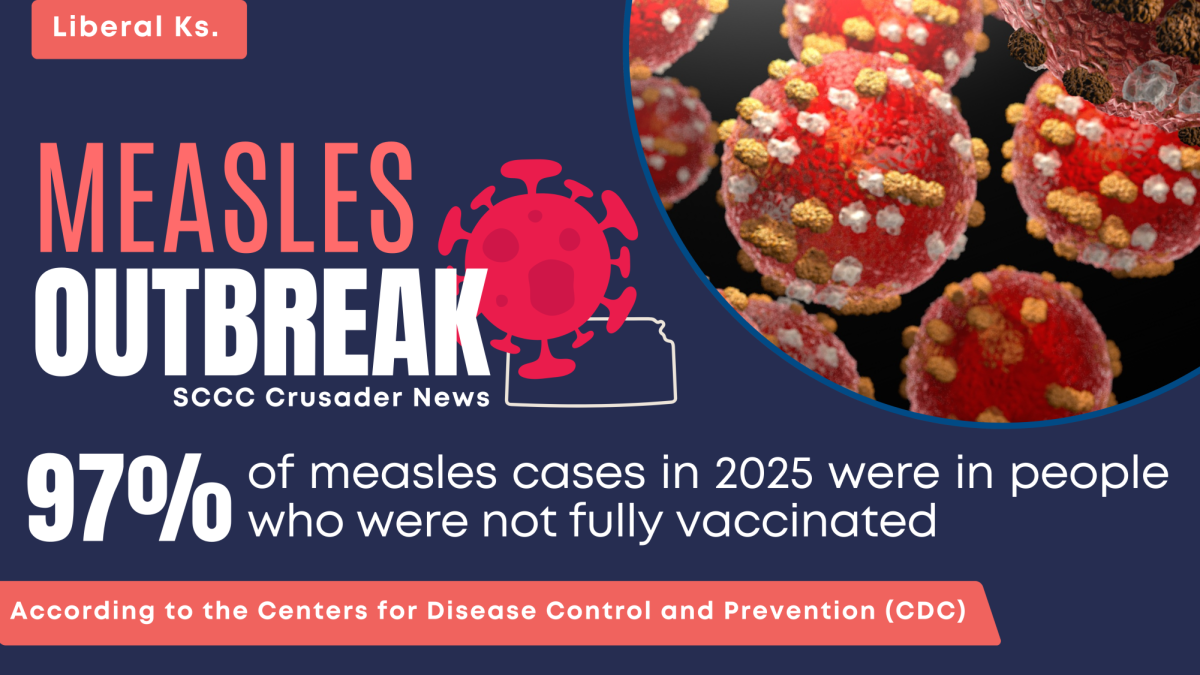








![The sophomores were recognized on the field instead of walking across the stage during their doubleheader. They received their diplomas and a picture of themselves playing during their career at Seward. [Pictured left to right are Dylan Day, Reed Thomas, Jase Schneider, Mason Martinez, Gannon Hardin, Brody Boisvert, and Zach Walker]](https://crusadernews.com/wp-content/uploads/2022/05/WEBDSC_0275-900x454.jpg)





